

Artificial intelligence (AI) technology is being used at the City of Dreams Manila casino resort in the Philippines, to count and verify casino chips.
The AI-based “machine vision platform” is said to have “eclipsed the human benchmarks,” in terms of how the work was previously done by staff members, “reaching 99.7 percent accuracy while massively increasing speed”.
Melco’s integrated resorts feature popular loyalty programs which require the counting and verification of large numbers of casino chips. The new system reduces the number of resources required to maintain efficient operations, allowing the redistribution of employees to areas of more strategic value.
The firm noted that AI technology use in the casino industry was often for fraud prevention, but its employment for a loyalty program, was a “unique case study on the broad applicability of AI and the Cogniac system”.
No Copyright infringement intended. Video/Photo Unknown Direct for credits/issue or text us +57 3606412 ... | Respect to Photographers & Influencer

I loved

I liked

I dont liked

Japan will open its first casino in Osaka in the fall of 2030. Japan, the sole Group of Seven member country that has no casinos, has given the go-ahead to the 24-hour operation of an open casino that doesn’t limit the admission of its nationals. It’s the result of 35 years of elaborate public debate.
In 1996, citizens and scholars who had thought that casinos must be nurtured as a healthy amusement industry founded a casino society. Around that time, some local governments emerged, claiming the introduction of casinos was needed for increased tax revenues and regional revitalization.
The “Odaiba casino plan” the then Tokyo governor mentioned as an urban tourism resource in 2001 ignited a campaign for casino legalization. Both governing and opposition parties also moved to enact a law designating casinos as a new amusement industry.
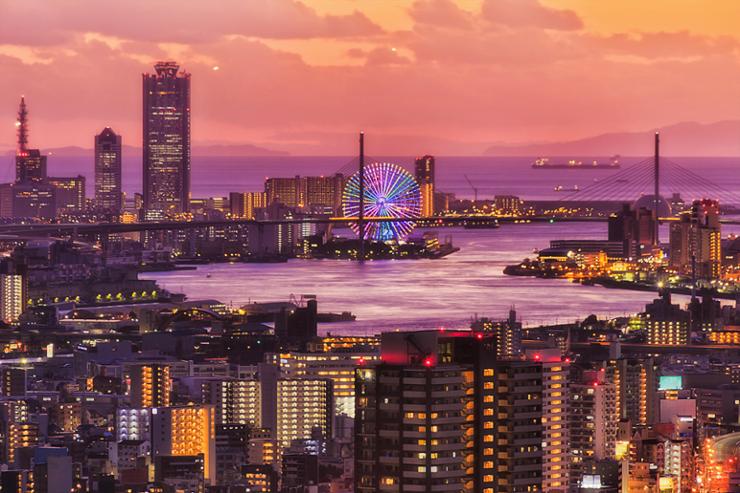
The casino in Osaka is named “Osaka IR.” Casinos were legalized through a law promulgated in 2018, popularly called the “IR (Integrated Resort) Act.” At first, it was a casino law, but after accepting Singapore’s IR model, it was transformed into the casino integrated resort act, IR act including casinos, IR maintenance act and then IR Act.
The purpose of the IR Act is to “utilize the proceeds from the casino business” and “realize the attractive stay-at-home tourism that is internationally competitive.” As most of the proceeds come from the casino business, it is stipulated that strict casino regulations are necessary to attain the purpose of the law.
The Japanese government established the IR Promotion Headquarters, a unit designed to promote countermeasures against gambling addiction and the Casino Regulatory Commission, believing that the casino business must be operated soundly under its proper monitoring and management.
The IR Act stipulates the world’s highest level of regulation. It was the declaration that Japan will build a new “Japanese-style IR” by benchmarking regulations concerning crime prevention, security maintenance, sound development of youth and gambling addiction conducted by leading countries of casinos.
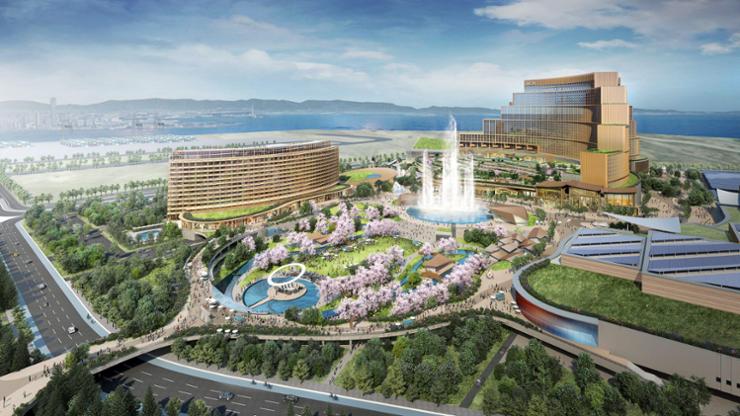
Pre-entry regulations include up to three integrated resorts, casino facilities having less than 3 percent of the resort's total floor area, regulations on ads and a ban on junkets and complimentary items and services. Regulations after entering the casino include three visits for seven days (10 visits for 28 days), identification by ID card, admission fee (6,000 yen, $37, or for a single visit), restriction of admission when requested by family members, prohibition of credit card use when purchasing chips and ban on ATM installation.
The core of those regulations is how to deal with gambling addiction. The financial resources for these measures will come from admission fees and casino taxes (30 percent), which will also be used for tourism promotion, welfare of residents, crime prevention and anti-prostitution measures.
The direction of the IR Act, which envisions creation and operation by the private sector, is different from that of the gambling industry, which envisions creation and operation by the public sector. This means that for the growth and development of the casino industry, casinos must be built and operated by private operators under the management and supervision of the central and local governments.
The innovation of the Korean casino industry begins with a shift to the integrated resort industry policy in terms of future growth. Public perceptions should be altered first, and policymakers and the relevant industry should reflect on themselves. A “casino white paper” is needed to prevent the same mistakes from occurring again.
For the sake of a “Korean-style IR,” a civic meeting of intellectuals should carry out a comprehensive review. At least, it’s necessary to establish an integrated resort promotion headquarters, tourism agency and casino regulatory commission. Now is the time for a future vision and philosophy for the national leader for the Korean casino industry.
____________________________________
The writer, Ph.D., is a researcher of the Institute of Amusement Industry Studies at Osaka University of Commerce.

Singapore authorities have described the threat of money laundering activity taking place through the nation’s land-based casinos as “moderately high” but said the nature of gaming means the casinos are likely seen as a less attractive option to criminals than other sectors.
The nature of Singapore’s money laundering threats was outlined in a new report jointly released by the Ministry of Home Affairs, the Ministry of Law and the Monetary Authority of Singapore last week, which also found that online gambling gives greater cause for concern.
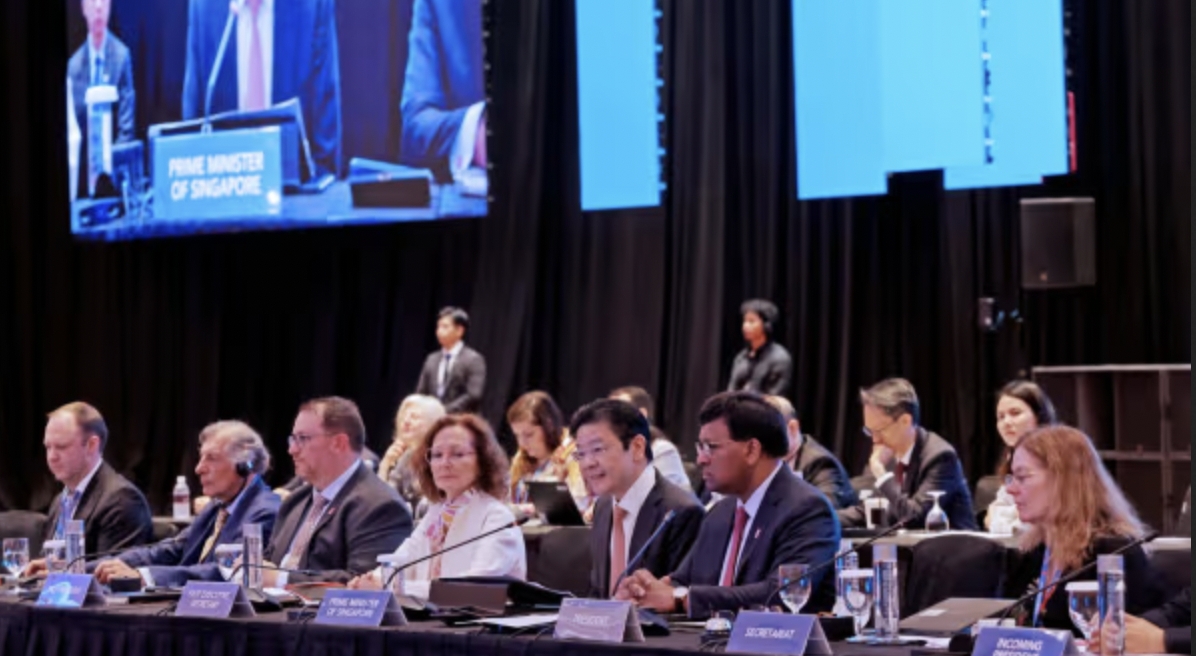
“Despite strict laws and regulations against online gambling, and multi-pronged enforcement actions, syndicates are still able to conduct illegal online gambling activities due to the ease of setting up or shutting down of an illegal online gambling site,” it says. “The ability to host these illicit websites outside of Singapore makes clamping down on illegal gambling a challenge for law enforcement agencies.
“Syndicates are also able to use alternative payment methods such as cryptocurrencies and illegal payment platforms which make the detection of suspicious transactions or money tracing difficult.”
According to the report, foreign fraud, and particularly cyber fraud, pose some of the greatest money laundering threats in Singapore. It also pointed to the banking sector as one of concern.

The Philippine Amusement and Gaming Corporation (PAGCOR), the nation's gaming regulator, which is facing the possibility of being disbanded in favor of a smaller agency, attempted to address these concerns in July 2023. It implemented new regulations for POGOs, rebranding them as "Internet Gaming Licensees" (IGLs) and imposing stricter operational guidelines.
These reforms aimed to improve transparency and mitigate potential illegal activities within the industry. However, the recent calls for a complete ban suggest these efforts might be falling short.
China pressures the Philippines to turn off POGOs.
To further tighten control, the DOLE has pledged to significantly tighten its screening process for foreign workers seeking permits to work in the offshore gaming sector. This move aims to ensure that only qualified individuals with legitimate purposes are employed and to minimize the risk of involvement in illegal activities. The stricter screening process will likely involve enhanced background checks, verification of employment purpose, and potentially stricter language proficiency requirements.

Malaysian authorities have arrested 27 influencers after investigations reportedly led the police to believe gambling syndicates hired social media personalities to promote illegal gambling and other activities.
The group included four males and twenty-three women captured in seven states: Johor, Perlis, Kuala Lumpur, Kedah, Penang, Negri Sembilan, and Selangor. The individuals were between the ages of 21 and 35.

At a recent press conference, Mr. Mohd Shuhauly of the Criminal Investigation Department of the Royal Malaysia Police described how each influencer receives approximately US$430 for each social media platform, contingent on the number of followers. He also stated that they believe each influencer is active on multiple social media platforms.

In this Muslim-majority Asian state of slightly under 35 million people, gambling is strictly prohibited, albeit certain types of betting-like lotteries, casino games, and horse racing-are allowed. On the other hand, sports betting and internet betting are prohibited.
Thirty cell phones were seized as part of the ongoing investigation into this activity, which has been going on for the past year. According to Mohd Shuhaily, the authorities are still trying to find the people behind the gambling syndicates.
Influencers' Effectiveness

According to a recent report, influencer marketing efforts have proven successful for numerous well-known businesses. Examples of these projects include Dunkin's connection with the TikTok phenomenon Charli D'Amelio and MAC's association with Sabrina Bahsoon.
Additionally, Influencer Marketing Hub projects that the influencer marketing sector will reach a roughly $21.1 billion valuation by 2023, with TikTok emerging as the leading influencer marketing platform.
According to reports, influencer marketing helps organizations reach a target audience while selecting ambassadors who share their values, and social media helps businesses precisely target their ideal clients.

The Chinese Embassy in the Philippines has again called on the Philippine government to ban its offshore gaming industry, claiming that the “vast majority” of Chinese citizens involved in their operations are victims.
In an official statement attributed to a spokesperson, the embassy also denied any involvement in the Philippine Offshore Gaming Operators (POGO) industry after uniforms of the Chinese People’s Liberation Army (PLA) and the Chinese People’s Armed Police Force were discovered during a raid on a POGO compound in Pampanga earlier this month.
“We appeal to the Philippines to ban POGO at an early date so as to root out this social ill,” the statement said. “And we firmly oppose any baseless accusation and smearing against China in connection with POGO.”
The statement went on to say, “Chinese law prohibits all forms of gambling. The Chinese government strictly cracks down on Chinese citizens engaging in gambling business abroad including POGO”
Ample evidence shows that POGO breeds serious crimes such as kidnapping for ransom, human trafficking and murder. POGO is detrimental to both Philippine and Chinese interests and images as well as China-Philippines relations.
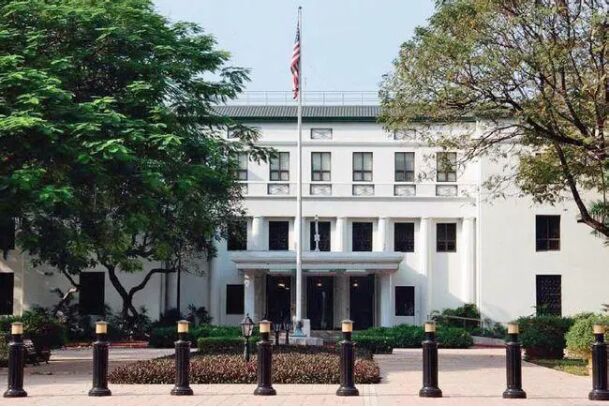
In recent years, the Chinese and Philippine law enforcement agencies have maintained close communication and cooperation and conducted multiple joint operations to bring down cross-border gambling and telecom fraud. Since 2018, nearly 3000 Chinese citizens implicated in the cases have been repatriated with joint efforts of both sides. In the past year alone, China has assisted the Philippines in shutting down five POGO hubs and repatriated nearly 1000 Chinese citizens.
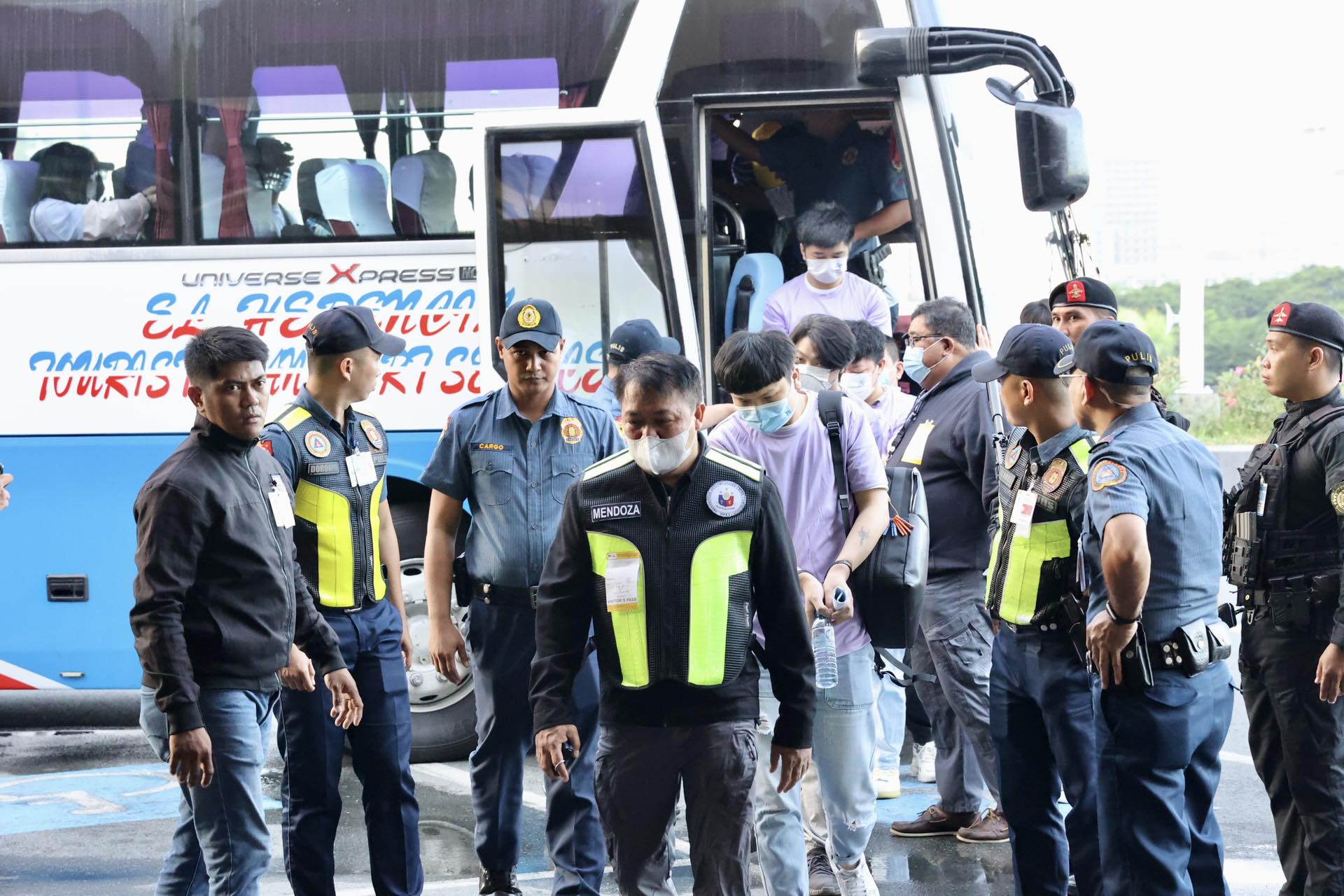
“The vast majority of the Chinese citizens involved in these cases are victims of the Philippine offshore gambling industry. The Chinese government is committed to protecting the legitimate rights and interests of Chinese citizens.”
Despite calls for the offshore gaming industry, last year rebranded as Internet Gaming Licensees (IGLs), to be shut down, gaming regulator PAGCOR continues to resist and last week outlined its stance that it is organized crime syndicates, not licensed IGLs, that pose a threat to national security.




